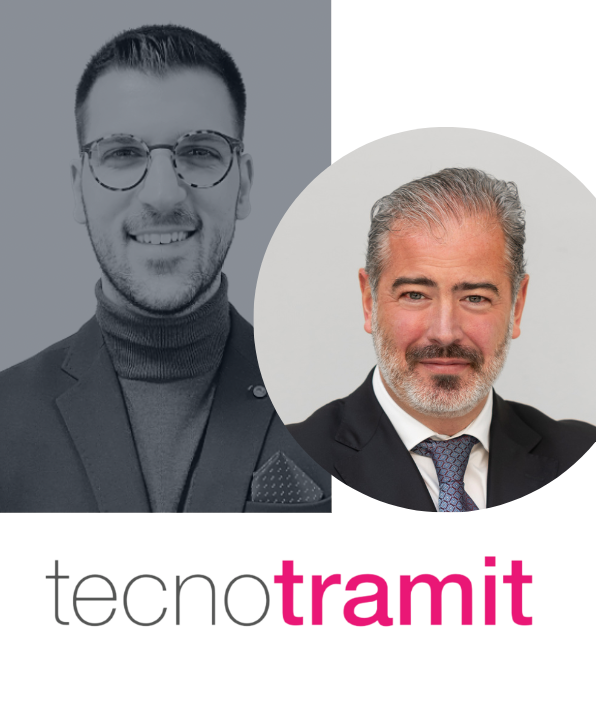30.8.22

Our Q&A series is an opportunity for our Southern European team, headed by Giulio Di Pietrantonio to discuss all things PropTech, Start-ups, and Career with different founders from across the region. Each week we will ask PropTech innovators burning questions and quiz them about their product, we hope you find it insightful and enjoy getting to know the founders as much as we have.
This week we have been in touch with Vicenç Hernández Reche, CEO at TECNOTRAMIT, SL , president of the Spanish National Association of Real Estate Agents (ANAI) and author of the book Proptech Revolution (Revolución Proptech, 2021)
Tecnotramit is a BPO services company for the most important financial institutions and real estate companies in Spain and Portugal, specialized in the outsourcing of commercial, administrative and legal services for the financial and real estate sectors. It has 34 offices in Spain and Portugal, headquarters in Barcelona, Madrid and Lisbon and a 1,200 people team. Its main areas of action are Mortgage Management, Real Estate Asset Management and Legal Advice.
It has been a natural evolution. I have been in the financial and real estate sector for 25 years and things have changed a lot. And one of the most important changes has been the appearance of digital disruption, which is why both FinTech and PropTech have been part of the evolution of both sectors.
One of the keys to any manager is to look beyond their own organization. I always say that you should have one eye on your business and the other one on the market. Only in this way you will be able to anticipate the needs of your customers and see how the environment in which you operate is evolving. An environment that not only subscribes to your sector, but also to neighbouring sectors from where competitors can easily appear camouflaged. Once we did this constant practice it was easy to see that the needs of the clients had changed and it took time to cover these new needs. It’s often difficult to have the right product or service at the right time, but it’s so important to have an agile organization to face a market whose changes are growing exponentially.
I don’t like to focus on technology because it changes and evolves more and more. The challenge is to have an organization focused on managing changes in the environment with agility, with the capacity for constant learning and focused on the client and not on the product or service. The great challenge of digital disruption is not to focus on technology but on the cultural change that the company must make. And this is what makes it very difficult for most companies to be adapted to a digital environment.
We are focused on the entry of a corporate partner to help us in our expansion plans. I’m not so concerned about the market as having a solid organization to face the new challenges. Our market is changing, and we need an organization that knows how to change at the same pace as it does.
Spain is knowing how to attract talent for the development of the PropTech industry, and that’s a call for the capital that is looking that talent to make its investment profitable. But we make a serious mistake if we value start-up companies in the PropTech world only for their ability to raise capital. The feeling I have is that there is a kind of competition over which start-up makes the biggest financing round, and many times we confuse the expectation of revaluation of a company with its current capacity of generating revenue and knowing how to satisfy the needs that the market requires. Many companies come to me asking for advice arguing that they have a great solution, when many times they have not tested whether the problem they are trying to solve can generate future value and therefore, there is a good niche market. Many companies spend more time testing the solution than testing the problem. It must be understood that the attraction of capital for many start-ups is coming from the lack of alternatives to make the capital profitable instead of from the fact that the start-up itself has good foundations for future consolidation.
It will continue to evolve and grow. In fact, I think we are in the first chapters of the book. But I am convinced that there must be a natural selection in the start-up industry. We will have to see many mergers between start-ups and, of course, between this type of company and traditional companies whose need for innovation is high and their organizational and financial capacity is low.
LMRE are specialist PropTech recruiters, if you need help growing your business or making any key hires please get in touch via the form below!

"*" indicates required fields